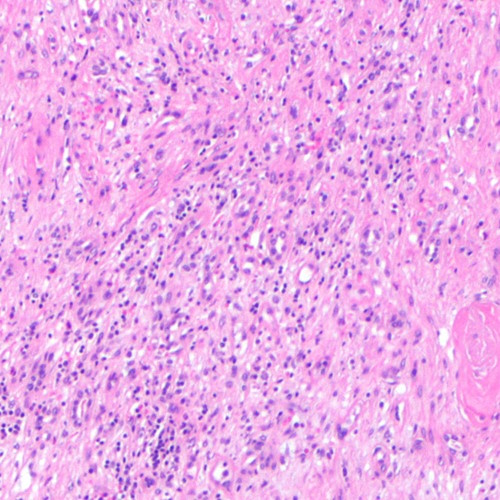Key points from article :
Researchers at Stanford University and the Buck Institute for Research on Aging have developed a groundbreaking "inflammatory ageing clock" that surpasses traditional chronological age in predicting immune system health, frailty onset, and cardiovascular risks. Published on July 12 in Nature Aging, the study offers a quantitative measure of systemic inflammation, a key driver of age-related diseases such as heart attacks, strokes, and neurodegeneration. This innovation holds promise for early detection and prevention of age-related health issues.
The clock was constructed using data from the Stanford 1000 Immunomes Project, which analysed blood samples from over 1,000 individuals aged 8 to 96. By leveraging artificial intelligence, the researchers distilled complex immune data into a single score based on approximately 50 immune-signalling proteins, primarily cytokines. This score, termed the inflammatory age, correlated strongly with frailty, longevity, and disease susceptibility, outperforming chronological age as a predictor of health outcomes.
One cytokine, CXCL9, emerged as a pivotal factor in the clock. Levels of CXCL9 spike significantly after age 60, contributing to cardiovascular ageing by stiffening arteries and thickening heart walls. Laboratory experiments showed that reducing CXCL9 levels restored youthful function in cells, suggesting potential therapeutic targets for mitigating cardiovascular risks.
The study involved contributions from researchers at Stanford, the Buck Institute, Edifice Health, and institutions worldwide, including the University of Bologna and the Technion-Israel Institute of Technology. This collaborative effort underscores the clock's potential to revolutionize how ageing and inflammation are measured, enabling earlier interventions to maintain health and extend lifespan.











